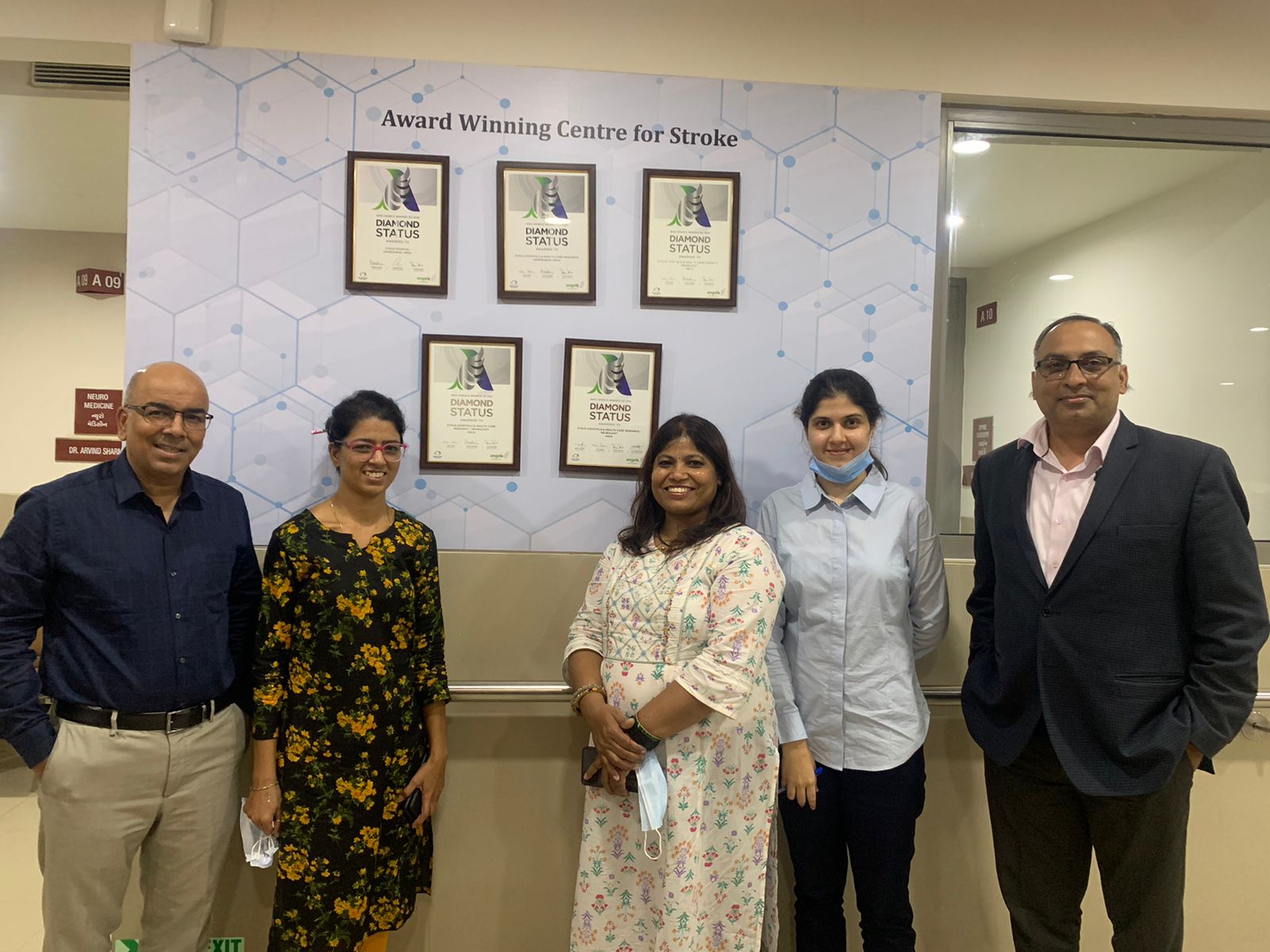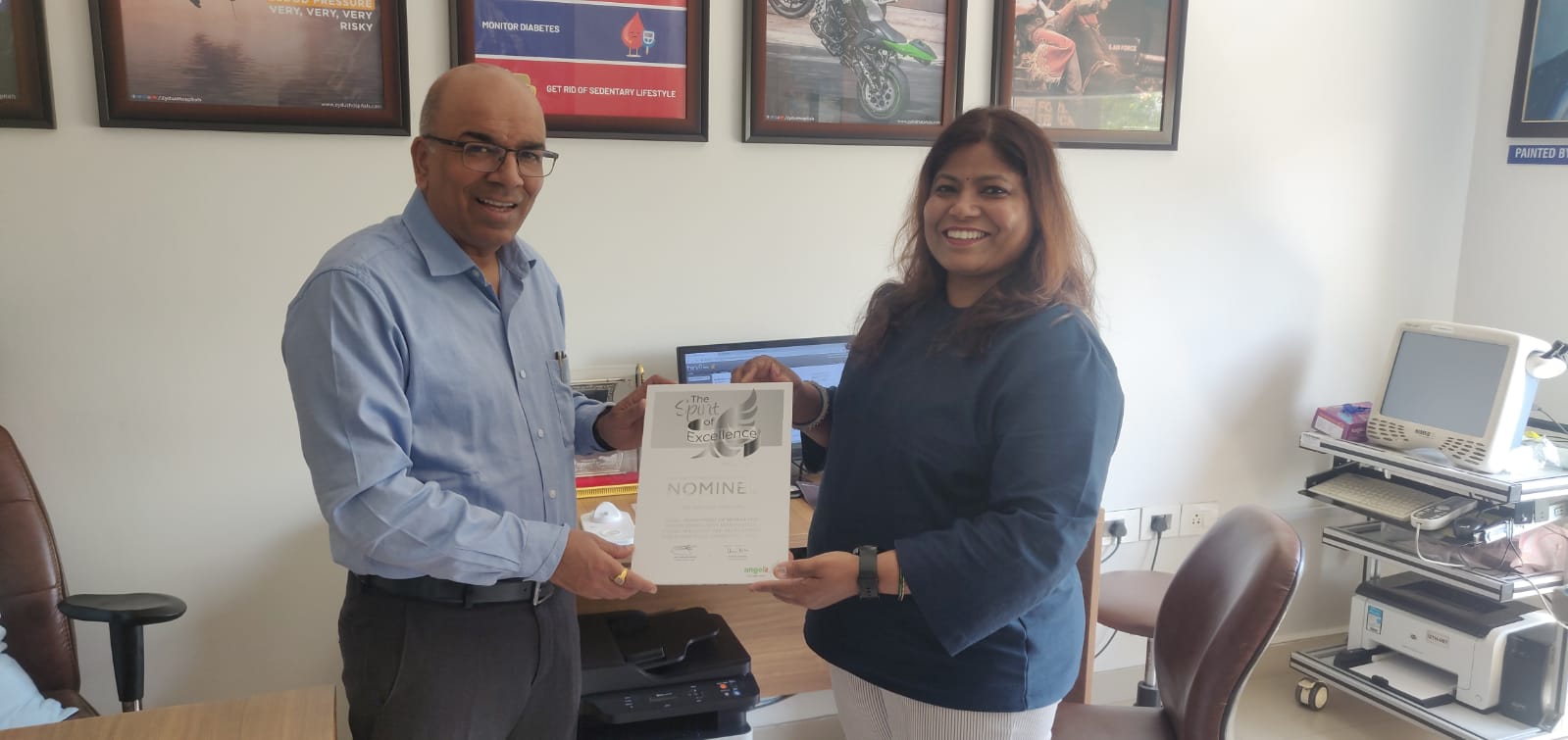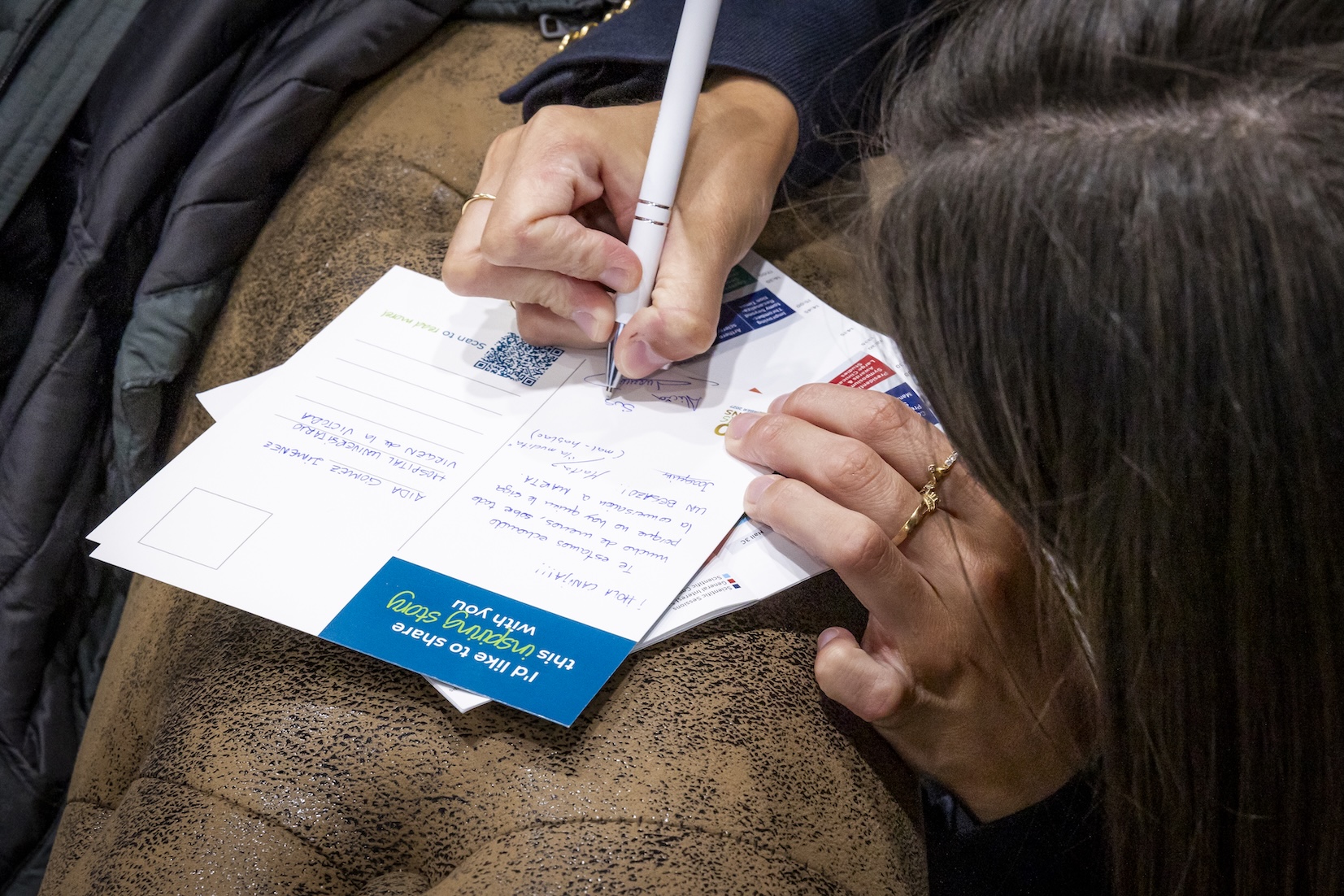
Vào năm 2019, Bệnh viện Zydus đã tham gia Sáng kiến Angels và bắt đầu đăng ký dữ liệu bệnh nhân của chúng tôi với RES-Q. Tham gia vào RES-Q không chỉ giúp dễ dàng thu thập dữ liệu về bệnh nhân đột quỵ và chất lượng chăm sóc ở Ấn Độ và thế giới, mà còn giúp chúng tôi nhanh chóng tìm ra điểm yếu của mình để chúng tôi có thể tiếp tục đào tạo và cải thiện.
Với sự hỗ trợ của Sáng kiến Thiên thần, một số khóa đào tạo đã được tiến hành cho các y tá, bác sĩ cấp cứu và nhân viên dịch vụ trước bệnh viện. Kết quả là, theo thời gian chúng tôi đã có thể cải thiện số lượng bệnh nhân được điều trị tái tưới máu và giảm tình trạng chậm trễ nhập viện. Chúng tôi còn nhận được giải thưởng WSO Angels, một giải thưởng mà chúng tôi vô cùng tự hào.
Bất chấp những thách thức do đại dịch Covid-19, chúng tôi đã tổ chức lại các mạch điện bị gián đoạn mà chúng tôi đã xây dựng để cung cấp dịch vụ chăm sóc cho bệnh nhân đột quỵ một cách an toàn và nhanh chóng, đặc biệt là sau khi chuyển hướng nhiều nguồn lực, đặc biệt là nhân sự, sang chăm sóc bệnh nhân coronavirus. Các quy trình bắt buộc phải thay đổi do những trường hợp bất thường mà chúng tôi gặp phải. Việc thực hiện danh sách kiểm tra, mô hình Helsinki và túi đựng thuốc điều trị đột quỵ Angels đã giúp chúng tôi duy trì và thậm chí cải thiện các tiêu chuẩn chăm sóc đột quỵ.

Mặc dù có đại dịch, thời gian từ cửa đến kim trung bình đã giảm đáng kể xuống còn 32 phút, với 100% dưới 60 phút và 88% dưới 45 phút. Tỷ lệ phần trăm bệnh nhân được điều trị bằng liệu pháp tái tưới máu là 29,5%.
Chúng tôi tin rằng việc tổ chức trước và trong bệnh viện là rất quan trọng, như được phản ánh trong việc giảm thời gian điều trị cấp tính từ cửa đến kim.
Khi nhiều tháng trôi qua, các chỉ tiêu chất lượng trở lại bình thường, ngoại trừ một chỉ số: sàng lọc Chứng rối loạn nuốt, mà chúng tôi không thể tiến hành kịp thời cho tất cả các bệnh nhân.
Một lần nữa, chúng tôi đã chuyển sang Sáng kiến Thiên thần, cùng với Nutricia, trên 29. tháng một 2021, cung cấp cho chúng tôi khóa đào tạo ảo tuyệt vời. Khóa đào tạo đã giúp chúng tôi phát triển một phác đồ đánh giá Chứng rối loạn nuốt đơn giản và hiệu quả, mà chúng tôi nhanh chóng đưa vào thực hành.
Hiện tại, hơn 90% bệnh nhân của chúng tôi được chẩn đoán bị đột quỵ hoặc TIA được sàng lọc khó Chứng rối loạn nuốt để giảm các biến chứng tiềm ẩn trong bệnh viện như viêm phổi do hít phải.
Ghi chép và phân tích dữ liệu là rất quan trọng để tìm ra các cơ hội cải thiện của bạn. Tôi biết ơn nhóm của mình vì sự hỗ trợ, cống hiến và làm việc chăm chỉ của họ. Chúng ta cam kết đảm bảo sự xuất sắc về y tế và tính minh bạch trong tất cả các phòng ban, với cách tiếp cận “bệnh nhân là trên hết”.




